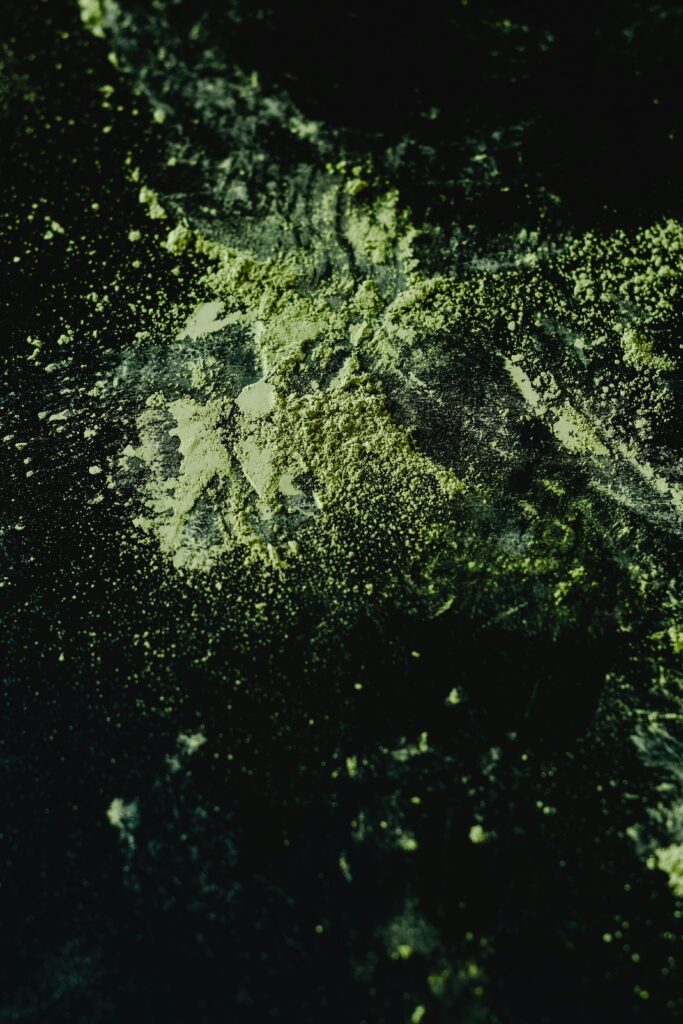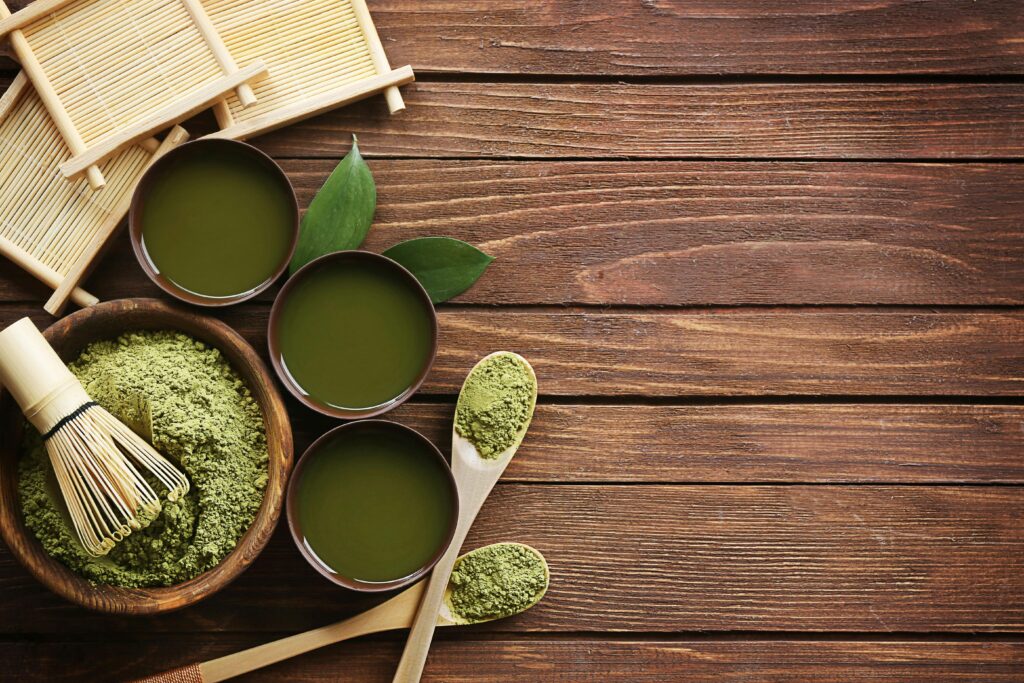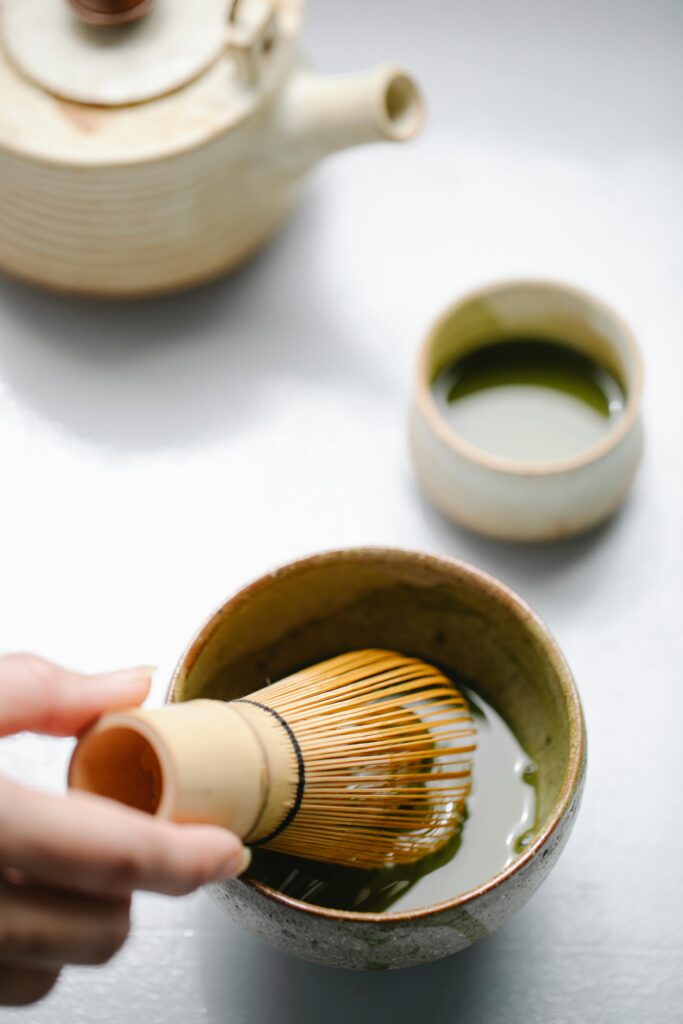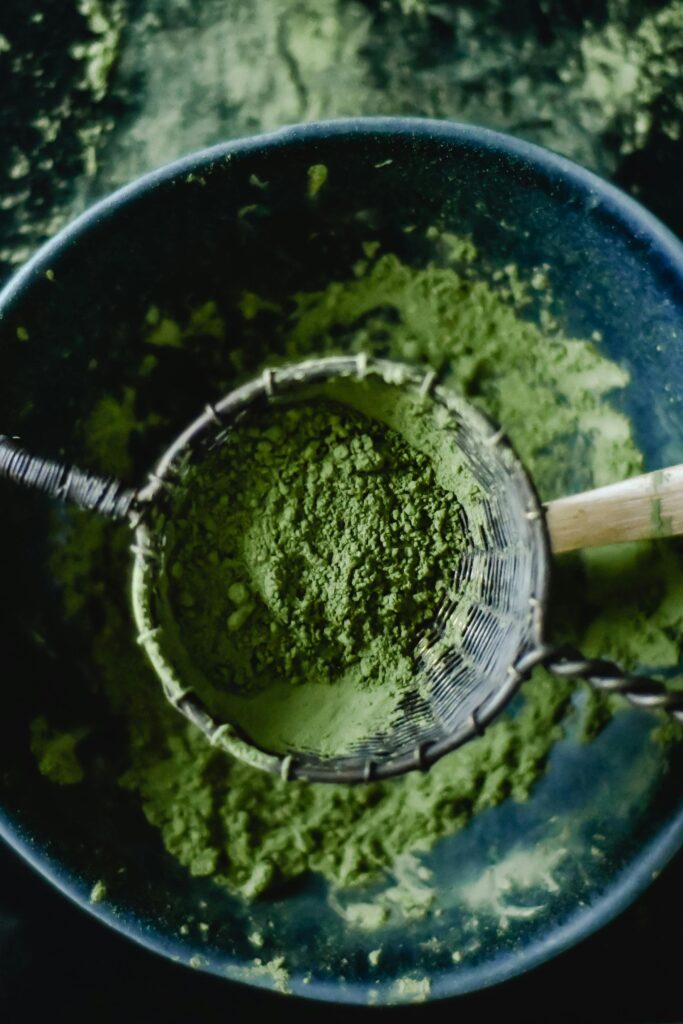Are you a Matcha seller? Join as a Vendor
HACCP Certified ensures food safety by applying 7 principles to identify and control hazards during production, reducing contamination risks effectively.
There are no results matching your search
There are no results matching your search Reset filters?
HACCP Certified represents a systematic preventive approach to food safety that identifies, evaluates, and controls biological, chemical, and physical hazards throughout matcha production. This internationally recognized certification ensures tea producers follow strict protocols from leaf cultivation to final packaging. HACCP certification transforms matcha manufacturing from reactive quality control to proactive hazard prevention.
HACCP certification establishes Critical Control Points (CCPs) at each stage of matcha production where hazards can be prevented or eliminated. During the drying phase, processors maintain temperatures between 100-150°C for 8-10 hours to prevent mold growth that produces dangerous mycotoxins. Grinding operations include metal detection systems with zero-tolerance limits to eliminate physical contaminants from processing equipment.
Shading and harvesting stages require monitoring for pesticide residues and environmental contaminants. Packaging facilities control moisture levels and implement pest management protocols to prevent post-processing contamination. Each CCP includes specific monitoring procedures, critical limits, and documented corrective actions when deviations occur.
HACCP certified matcha undergoes rigorous testing for multiple hazard categories. Laboratories analyze samples for:
Certified facilities maintain batch documentation with traceability systems that track every product from field to consumer. Water quality monitoring ensures processing water meets potable standards, while staff training programs educate workers on hygiene protocols and hazard recognition.
HACCP certification delivers measurable improvements in product safety and market access. Companies report reduced waste and fewer recalls due to early hazard detection systems. The certification enables global market entry, as HACCP compliance meets FDA, ISO 22000, and Codex Alimentarius standards recognized worldwide.
Certified producers demonstrate superior risk management compared to traditional end-product testing methods. The systematic approach creates organizational cultures focused on prevention rather than reaction. Consumer trust increases when matcha brands display HACCP certification, signaling commitment to safety standards that protect against contamination risks inherent in agricultural products.
Regular audits verify continuous compliance and drive process improvements. Documentation requirements create accountability throughout the supply chain, from tea farmers to retail distributors. This transparency allows quick identification and resolution of safety issues before products reach consumers.





Join our mailing list to receive updates and exclusive tips.
There are no results matching your search